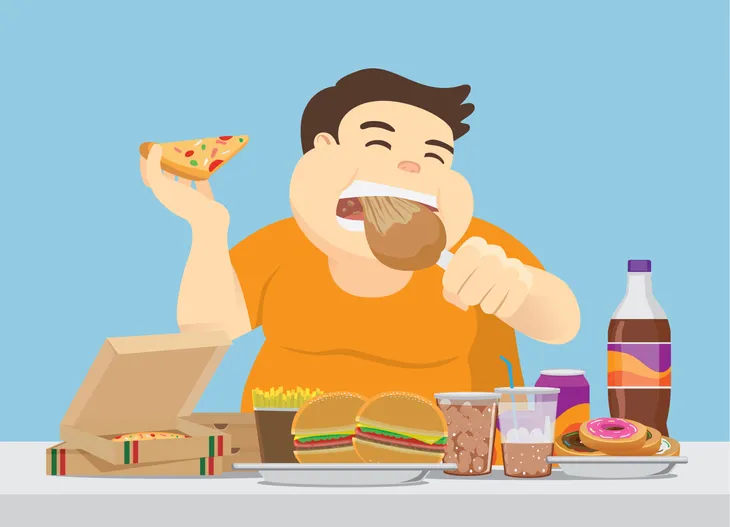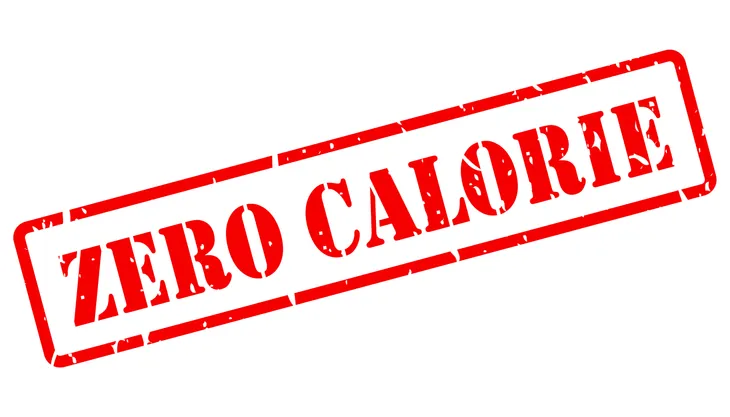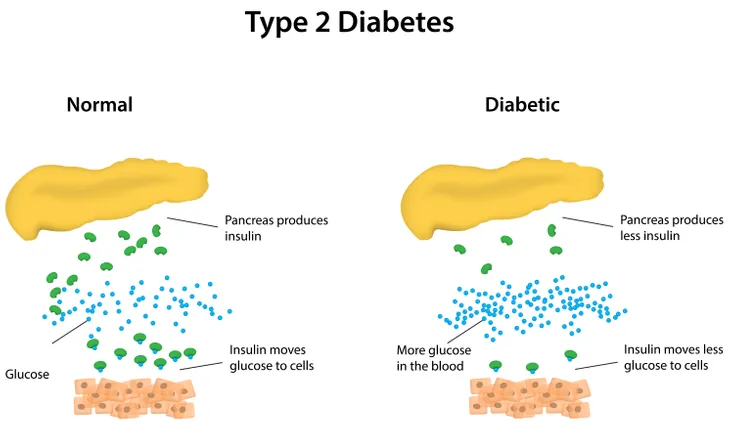When you reach for a soda, iced tea, or fruit cocktail, do you opt for full sugar or no calorie beverages?
While diet or zero calorie options would seem the smartest health choice for many—artificial sweeteners like sucralose, aspartame, and saccharin—contain really harsh chemical additives that can trigger blood sugar levels. Here are 8 reasons to say ‘no’ to no calorie beverages…
Justifies Overeating
Many of us order a diet soda with a double cheeseburger and large fries, which may help justify the treat for many. However, it’s a psychological trick, according to researchers at the UT Health Science Center, in San Diego, drinking zero calorie beverages will often cause us to rationalize poor diet choices.
Zero Nutritional Benefits
One more obvious reason to nix the diet soda is the fact that the beverage contains absolutely no nutritional value, according to epidemiologists at the University of Miami. If you dislike still water, try squeezing a little fresh lime, lemon, or orange juice in it or switch to drinking sparkling water when you yearn for bubbles.
Blood Sugar Trigger
Just because artificial sweeteners, like aspartame, aren’t sugar, that doesn’t mean the body doesn’t treat them exactly like sugar, warns researchers from Washington University School of Medicine.
A diet soda filled with sucralose or another artificial sweetener accentuates the taste for sweetness, meaning it triggers the hormone that regulates the amount of glucose in the blood, which makes you crave more, consume more, and store the excess calories as fat.
Linked to Type 2 Diabetes
It’s hard to imagine that a daily diet soda could lead to type 2 diabetes. However, a study from University of Minnesota found that study participants who consumed a single diet soda (or more) daily showed an 35-percent higher chance at developing not only type 2 diabetes, but also metabolic syndrome, which encapsulates high cholesterol, increased blood pressure, and elevated glucose levels and can lead to diabetes, stroke, and heart disease.
Erodes Tooth Enamel
If weight gain and the risk of heart disease isn’t enough to scare you, maybe vanity will. According to a study published in the General Dentistry Journal, regular diet soda addicts suffer the same rate of tooth enamel erosion as cocaine and methamphetamine users, thanks to the damaging effects of citric acid.
Leads to Weight Gain
A research study from the University of Texas found that diet soda drinkers were more prone to gain rather than lose weight over the long term. For instance, the study participants were monitored over a decade, and findings showed that they experienced a rate of 70-percent increased abdominal weight gain in contrast to non-diet soda slurpers.
Diet Soda Linked to Depression
If you slam a diet soda as a mid-afternoon pick-me-up, you’d better reconsider. A National Institutes of Health study linked long-term diet soda and diet fruit punch drinkers to a 30-percent increased risk for developing depression—even compared to those participants who sipped regular, full-sugar sodas.
Causes Migraines
If you suffer from chronic migraines, diet sodas, fruit drinks, and iced teas sweetened with aspartame are not your ally. According to a randomized study from the American Academy of Neurology, anecdotal evidence links aspartame consumption to increased headaches by 33-percent, assuming those who suffer from migraines should limit their consumption.











